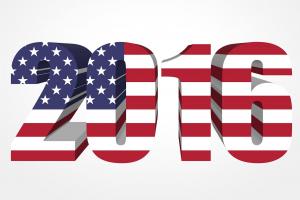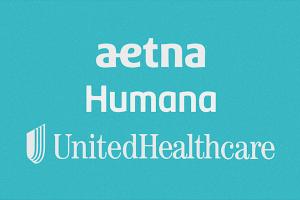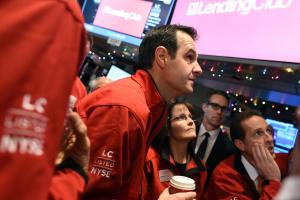Pulse: US
The Economic Outlook for the Election and Beyond, and How Who Wins Could Change It
With nine weeks to go, the economic conditions for the election are set — modest growth, low inflation, and continuing job gains. A few Wall Street forecasters rate the odds of a 2016 recession at one-in-three; but unless a major shock wrenches the economy off its present course, bet with Janet Yellen and Ben Bernanke on the economic expansion continuing into next year.
Advice and Consent
My FinTech conversations this week have focused on the newer end of the ecosystem. An upcoming profile will feature a firm that provides bitcoin ATMs targeted at the unbanked so they can send money at lower fees than traditional transfers.
Another conversation with a financial planner concerned how he is working as a coach and trusted advisor, making more on his advice than on transactions. Given the rise of roboadvisors in the wealth management sector, it's a good move.
Sorry, Donald – The Incomes of Minority Households Grow More under Democrats than under Republicans
Donald Trump says that Democrats have failed American minorities, so let’s test his claim by the most basic economic criteria: What happened to the incomes of African Americans and Hispanics under Democratic and Republican administrations over the last 35 years? The data do not lie. The incomes of minority households — and in most cases the incomes of white households, too — grow faster under Democratic administrations than under GOP ones.
Michael Green: Why I oppose Donald Trump
We’ll be resuming with our September issue after Labor Day. Hope you’ve been having a good summer.
This is an advanced copy of an interview with Michael Green that will be in the issue. Michael Green, a former member of the George W. Bush National Security Council, explains why he is opposing Donald Trump and endorsing Hillary Clinton.
The Big Lift: Improving Public Health Exchanges
Bring out the Xanax. Anxiety among Obamacare supporters is skyrocketing. The bad news just keeps coming. Aetna has joined UnitedHealthcare and Humana in announcing plans to exit almost all public marketplaces. Remaining health insurers are increasing rates by double-digit margins: most over 20%; some over 40%.
How P2P Lending Works: FinTech Articles of the Week 08/21/16
It's clearly the end of summer doldrums here in Chicago, though the tourists are still about town before the school begins, and the weather has been perfect hot summer days and warm nights. FinTech news seems a bit less frenzied. It may even appear that you haven't missed the boat yet on the money and applications of the future. The most anticipated—and critical to understand—technologies are still either young or largely experimental.
Being American: How Exceptionalism is Transforming U.S. Healthcare
Midway through the Rio Olympics, the prowess of the diverse, raucous and remarkably talented U.S. team is on full display. We marvel at the athletes’ dedication. Their enthusiasm is infectious. Their athleticism is spellbinding. They represent America at its best, and all Americans can be justifiably proud.
It’s been one long samba line to the medals stand. With only 4.3% of the world’s 7.4 billion population, the U.S. has captured (through August 14th) almost 14% of the awarded medals.
Conventions, Convergence, and Competition
Innovation, a favorite topic of debate in the business of technology, gets a FinTech work over in this week's links. Plus more blockchain endorsements and reports, along with some timely cautions.
FinTech food for thought
Where’s the Beef? Employers Question the Value of Hospital Mergers
In an iconic 1984 commercial for Wendy’s hamburgers, the diminutive octogenarian Clara Peller and two friends are eating hamburgers at the fictional “Home of the Big Bun.” Disappointed by their burgers’ small size, the friends call customer service and Clara demands to know, “Where’s the beef?” The slogan went viral and propelled sales at Wendy’s upward by 31%.


 by
by 
 by
by 

 by
by 
 by
by 
 by
by 



